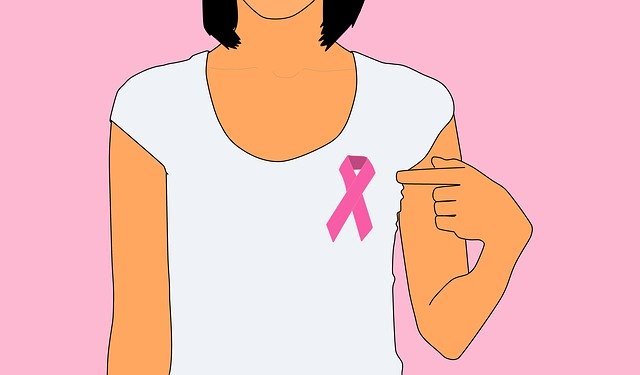
In a new study, researchers found that maintaining full doses of chemotherapy, especially early in the treatment course, is important for the survival of intermediate or high-risk breast cancer patients.
The research was conducted by a team at the University of Calgary in Canada.
The team tested women with stage I to III, hormone receptor-positive/negative, human epidermal growth factor receptor 2 -negative breast cancer.
They evaluated the impact of chemotherapy total cumulative dose (TCD), and early (5-fluorouracil/epirubicin/cyclophosphamide) versus late (docetaxel only) dose reductions, on survival outcomes.
The researchers reported that 1,302 patients were evaluated for dose reductions, with 16 percent being reduced <85% (202 patients) versus ≥85% (1,100 patients; 84 percent).
Compared to patients receiving <85% doses, those who received ≥85% had better five-year disease-free survival and overall survival.
The survival rates were much lower for patients with dose reduction early in treatment versus late in treatment.
There was no effect on outcomes for dose delays of <14 or ≥14 days.
The team says often the first cycle of chemotherapy can be difficult for patients, and oncologists must convey the need for maintaining initial dose intensity while using other medications to control side effects and manage comorbidities.
The lead author of the study is Zachary Veitch, M.D. from the University of Calgary.
The study is published in the Journal of the National Comprehensive Cancer Network.
Copyright © 2019 Knowridge Science Report. All rights reserved.



